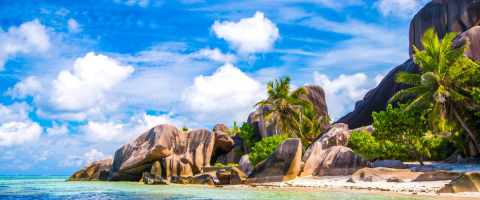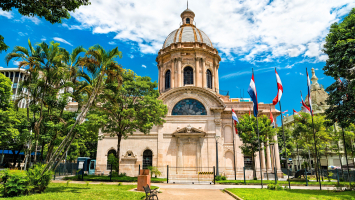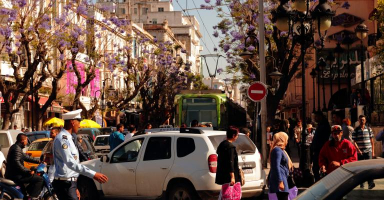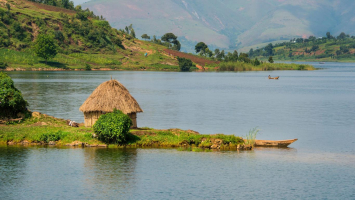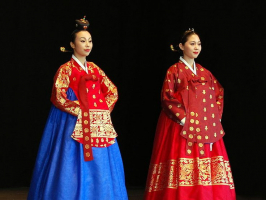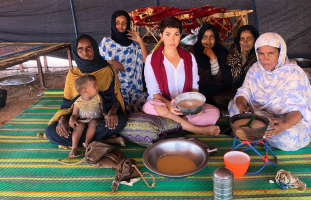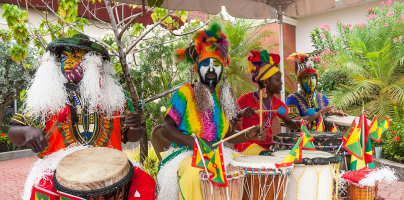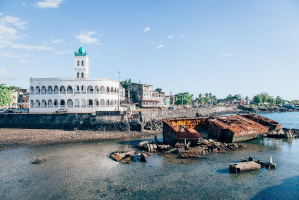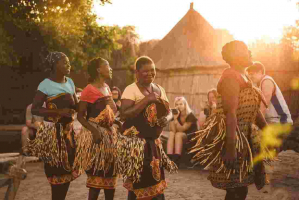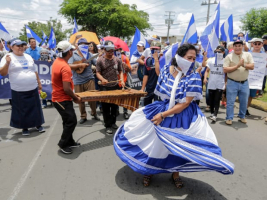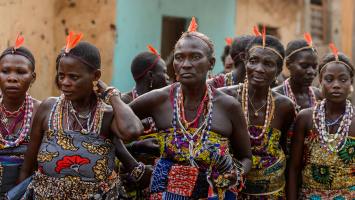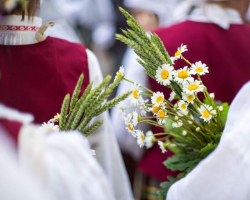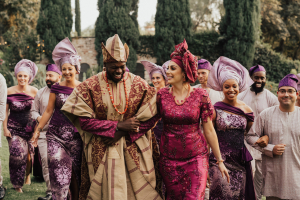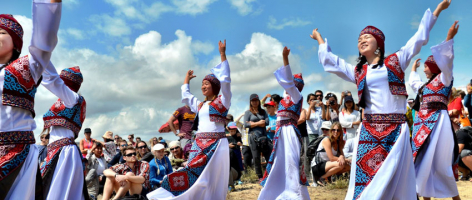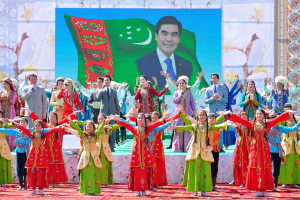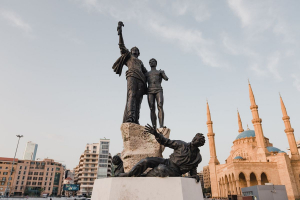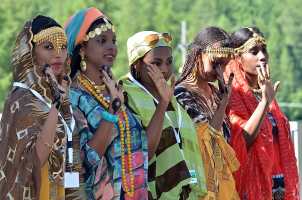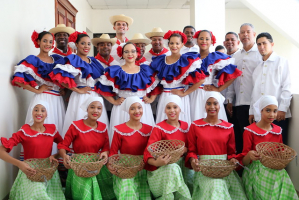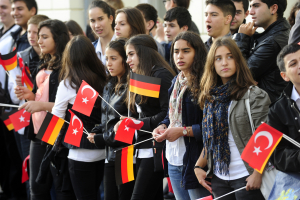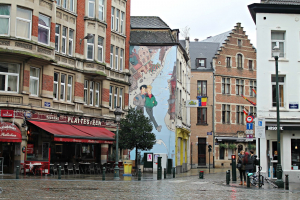Top 7 Antigua And Barbuda Culture, Customs and Etiquette
Antigua and Barbuda is a sovereign island country in the Americas' West Indies, situated between the Caribbean Sea and the Atlantic Ocean. It is made up of two ... read more...major islands, Antigua and Barbuda, separated by around 40 kilometers (25 miles), as well as smaller islands. The current culture of Antigua and Barbuda is a unique blend of the islands' British colonists and the African slaves brought with them. Calypso music, which is still popular on Antigua and Barbuda, began as a form of communication among slaves who were banned to speak to one another or openly celebrate the now legendary Carnival festivities. Toplist has compiled a list of Antigua And Barbuda Culture, Customs and Etiquette, hoping to provide some useful knowledge to the readers.
-
The working language is English. The accent of Barbuda differs slightly from that of Antigua. Because many of the population are descended from African slaves, the common English spoken in this country has been impacted by African terms and phrases. Linguists believe that the dialect spoken on these islands is a kind of Creole English, also known as Broken English, Leeward Caribbean Creole, and Patwa. It can be seen as one of Antigua And Barbuda Culture, Customs and Etiquette.
Standard English was extensively spoken in the years preceding Antigua and Barbuda's independence, rather than Antiguan Creole. Antiguan Creole is often avoided by the elite and middle classes. Antiguan Creole is discouraged in the educational system, and instruction is given in Standard (British) English.
Many terms in the Antiguan dialect are derived from both British and African languages. This is evident in words such as "Ent it?" which means "Ain't it?" and "Isn't it?" which is dialectal and means "Isn't it?" Common island proverbs can frequently be traced back to Africa. In today's world, speakers may utilize vocabulary from either British or American English in everyday conversation. Furthermore, as the number of immigrants grows, Guyanese Creole, Trinidadian Creole, Jamaican Creole, and Bajan Creole are gradually influencing this creole language. Additionally, approximately 10,000 people speak Spanish.
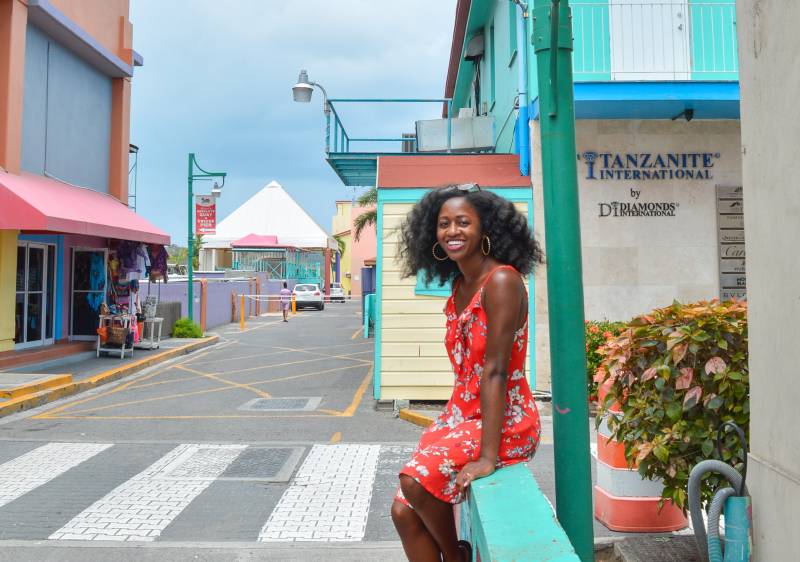
https://borgenproject.org/ 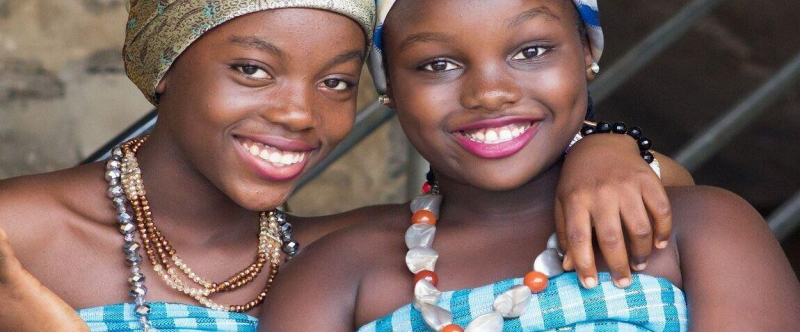
https://pickvisa.com/ -
Religion in Antigua and Barbuda consists of the religious beliefs and practices of the people who live there, as well as their history. Antiguans and Barbudans are largely Christian in their religious practices. In 1991, Anglicans constituted 32% of the population, Moravians 12%, Catholics 10%, and Methodists 9%. This Christian attitude, on the other hand, is creolized and shifts as we progress up the class structure. For the most of their existence, Antigua and Barbuda's churches were colonial institutions—overseas branches of England-based churches with pastors in charge. As a result, the Afro-Antiguan and Barbudan church, unlike the African American church, does not have a lengthy history of autonomous development. Autonomy came with the state's independence.
Despite this Anglicization, religious rituals have not been spared creolization. Traces of African religious history have remained among Afro-Antiguans and Barbudans in the practice of Obeah and in impulses toward more ecstatic types of devotion. The postcolonial period saw a significant creolizing of church music, which was influenced by calypso, reggae, and African American gospel music.
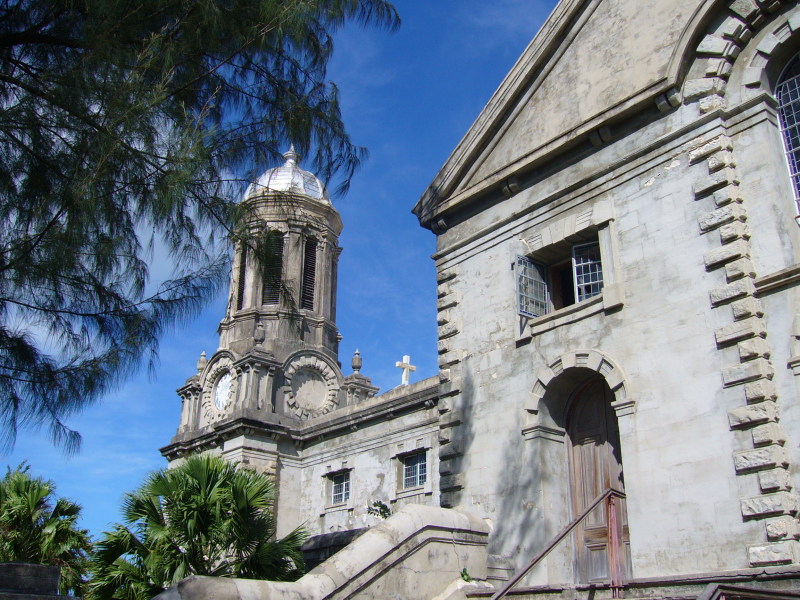
https://en.wikipedia.org/ 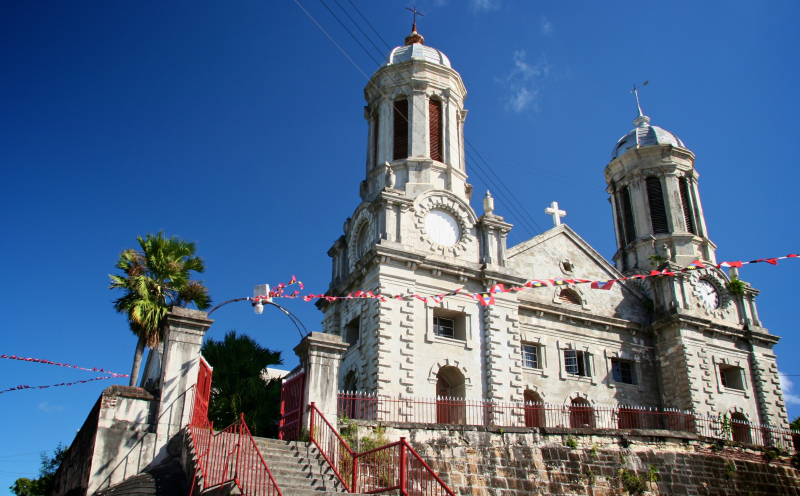
https://en.wikipedia.org/ -
The music of Antigua and Barbuda is mostly African in nature, with just a minor influence from European forms due to the population of Antigua and Barbuda descended primarily from West African slaves taken by Europeans.
Other than this, little to no musical research has been conducted in Antigua and Barbuda. As a result, much of the information on the subject comes from books, articles, and other secondary sources. Documented music in Antigua and Barbuda dates back only to Christopher Columbus' 1493 discovery of Antigua, which was then populated by Arawak and Caribs. However, nothing is known about the islands' early music.
Colonial-era churches and missionary work displaced and influenced African slaves' music, which incorporated parts of European-derived religious music. The Salvation Army's brass bands are a good example. A number of Portuguese indentured servants arrived in Antigua in the mid- to late-nineteenth century, bringing their musical genres with them. When the majority of the Portuguese left in the 1880s, immigrants from Lebanon brought Lebanese music to the island.
Antigua and Barbuda is a Caribbean country in the Lesser Antilles. Many pan-Caribbean popular music genres have found a second home in the country, and it has generated stars in calypso, soca, steeldrum, zouk, and reggae. Steeldrum and calypso are the most important elements of modern Antiguan popular music; both styles are borrowed from Trinidad and Tobago.
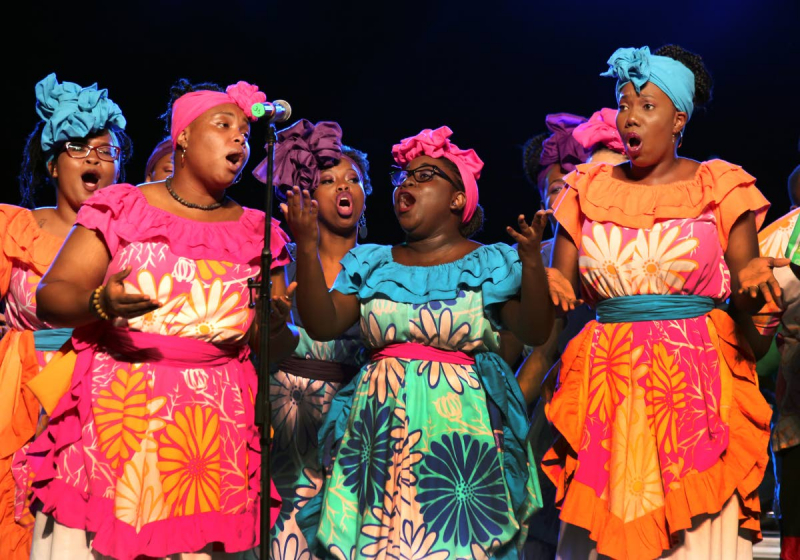
https://newsday.co.tt/ 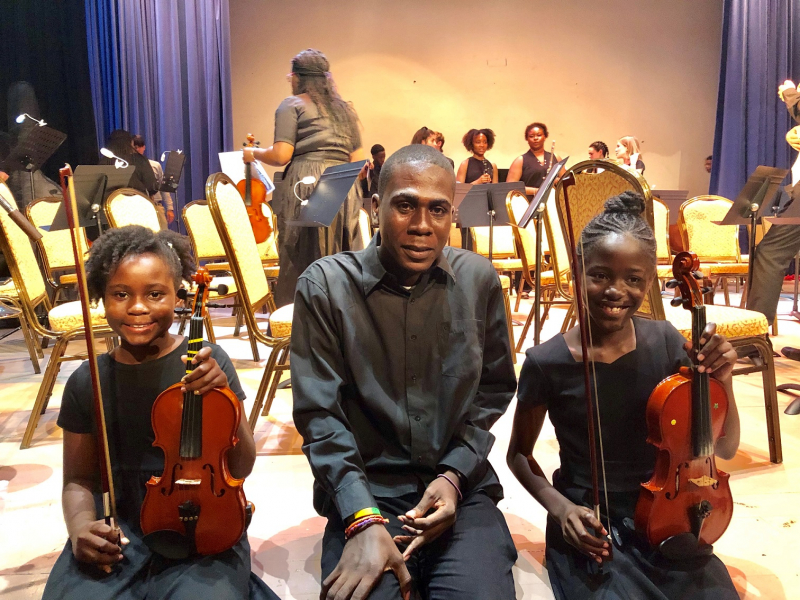
https://www.rosl.org.uk/ -
Cricket is the most popular sport in Antigua and Barbuda, and it was heavily inspired by European sports. It is nearly a religion among the people of Antigua & Barbuda. Otherwise, the players compete in domestic (Leeward Islands cricket team) and international (West Indies cricket) contests.
From March 11 to April 28, 2007, Antigua hosted the 2007 Cricket World Cup. Viv Richards of Antigua made history by scoring the fastest Test century, and Brian Lara set the World Test Record twice in Antigua Recreation Ground. Daniel Bailey was the first Antiguan to compete in a world indoor final, taking bronze at the 2010 IAAF World Indoor Championships. He was also the first Antiguan to compete in a 100m final at the 2009 World Athletics Championships, and the first Antiguan to go under 10 seconds in the 100m.
Antiguans are traditionally strong in athletics, but they also like soccer. The Antiguan national football team competed in the World Cup from 1974 to 1986. The Antigua Barracuda FC was founded in 2011 and competes in the USL Pro league. The Antiguan squad advanced from its preliminary group in 2012 to compete in the 2014 World Cup. Athletics is also naturally popular, with Olympic athletes such as Heather Samuel and Sonia Williams representing the country.
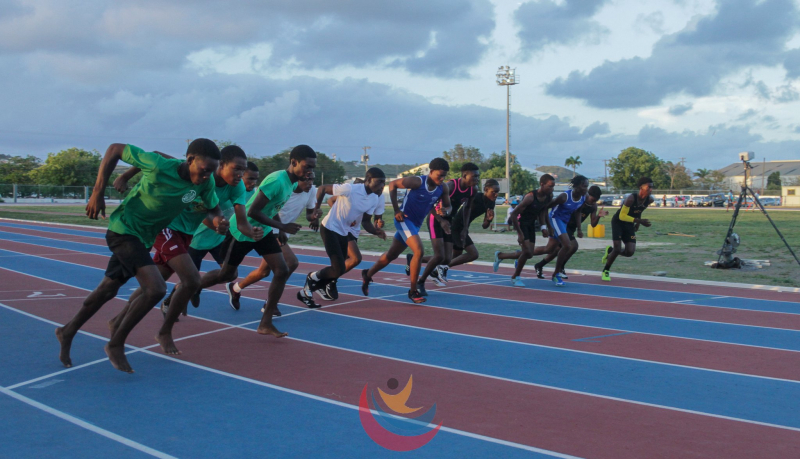
https://www.facebook.com/ 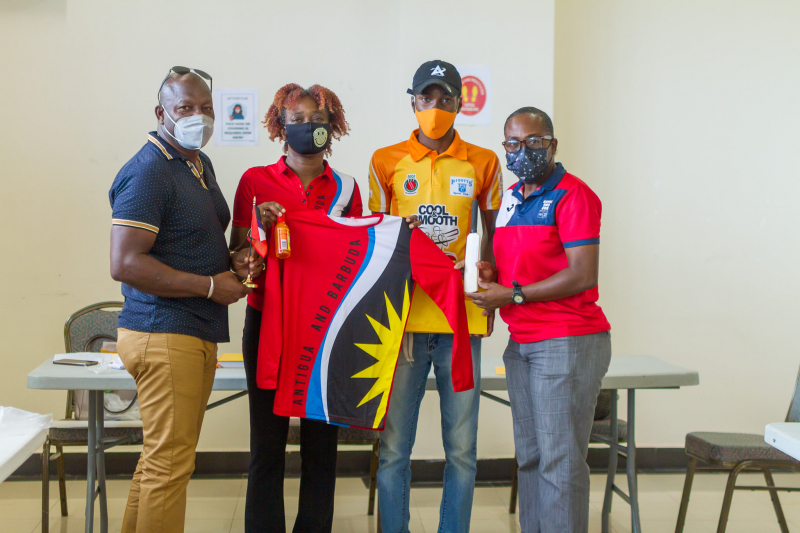
https://www.facebook.com/ -
Antigua is a Christian country, with the majority of the population affiliated with one of the numerous churches. This results in a conservative approach to clothing. When attending major functions such as church or shows, people like to dress up. Beach dress is appropriate in your hotel or villa; but, if you go into St. Johns or to a restaurant, casual attire is recommended. Any exposing clothing will draw unwanted attention because it is considered impolite. Some hotels and restaurants have stricter dress rules, so check before making a reservation. This is one of Antigua And Barbuda Culture, Customs and Etiquette.
Here are some tips for you to easily choose the right items to bring to this beautiful country:
- There are a lot of upscale restaurants where the dress code is extremely formal, so you may wish to include a nice attire if you plan to dine there.
- Smart casual clothing in lightweight natural fabrics will work best - it is pleasant and sunny all year but not too hot.
- However, the nights are a little cooler, so bring a sweater or pashmina with you.
- As most people spend their time on the beach, daytime requirements include t-shirts or camisoles, sarongs, and shorts.
- Swimwear should be reserved for the beach, beach bars, and hotel pools.
- Don't forget to wear sunscreen, a hat, and sunglasses.
- Mosquitoes can be an issue, so bring bug repellent and wear long sleeves and pants when possible, especially in the nights if you are outside. Avoid wearing any perfume or smell.
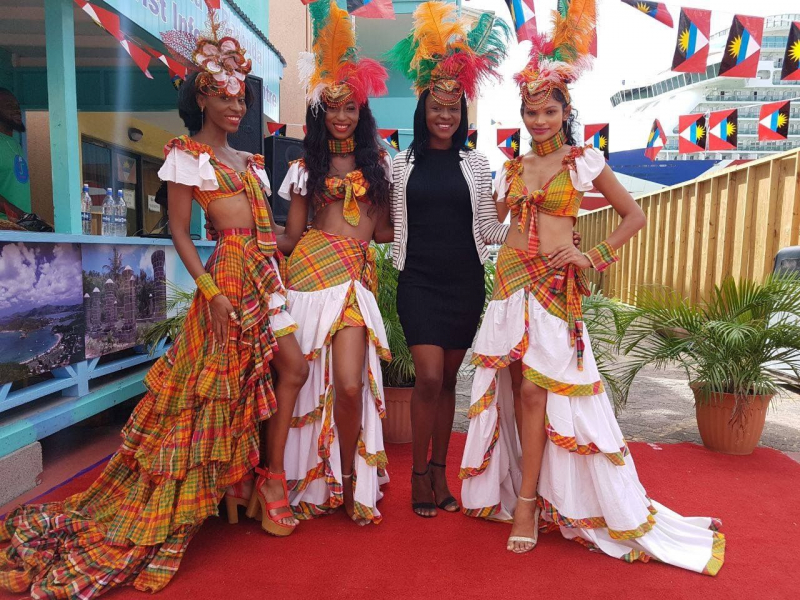
https://www.pinterest.com/ 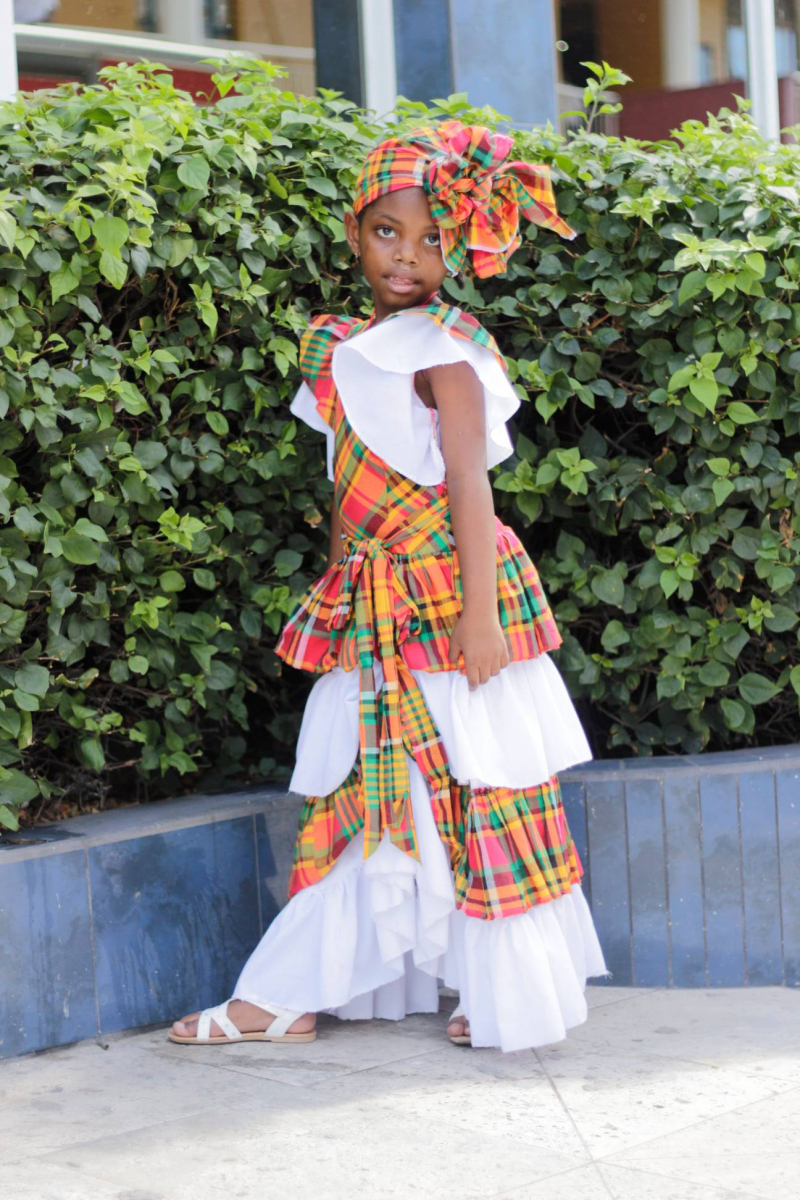
https://www.facebook.com/ -
It is common in Antigua to greet individuals with Good Morning, Good Afternoon, and Good Night (Evening). Failure to greet customers when they enter an office, shop, hotel lobby, or bar may result in very delayed service or being ignored at first. This can be considered as one of Antigua And Barbuda Culture, Customs and Etiquette that you should know.
It is considered impolite by Antiguans to jump into your request without first greeting your fellow citizens. It is a very humbling lesson once grasped to discover and understand just how busy your life has become that you do not take the time to do this. This is a ritual that is typically discovered after many years of feeling 'ignored,' yet it will become a significant part of your understanding of the Antiguan people. if you want to learn more about the island, its culture, and its people. Try it... and see what happens. You'll be ecstatic.
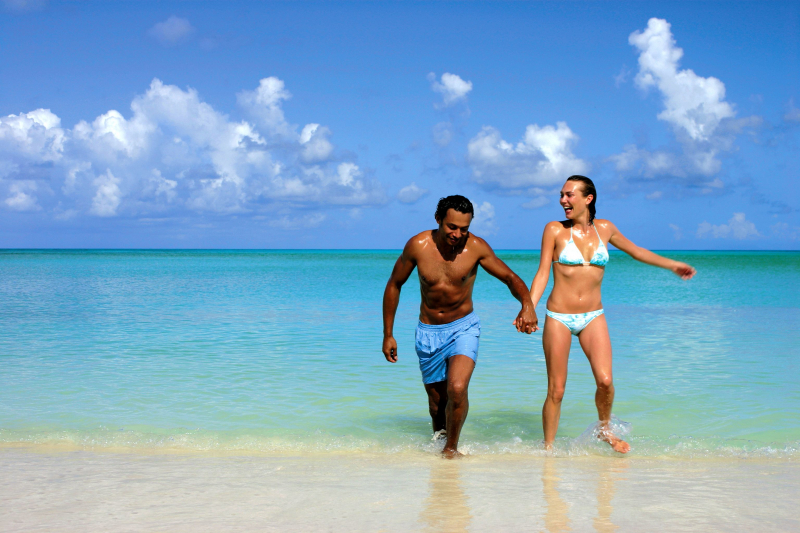
https://www.pinterest.co.uk/ 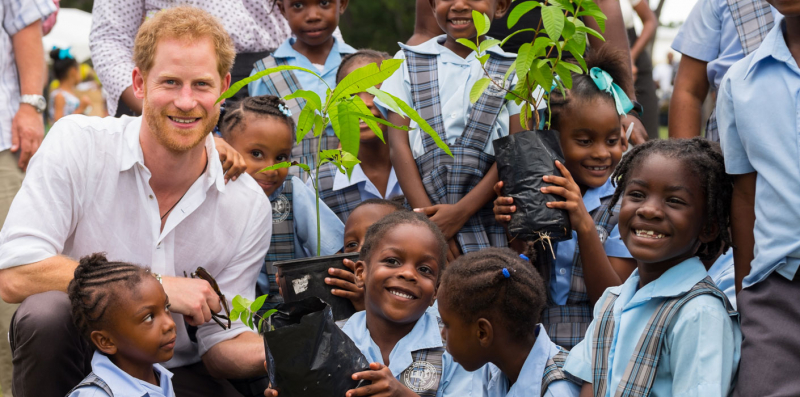
https://www.royal.uk/ -
Tipping is customary in Antigua and Barbuda, as it is on the majority of Caribbean islands. Antigua and Barbuda have beautiful beaches and a truly Caribbean experience! It's ideal for beach and water enthusiasts! This is an intriguing aspect that you should be aware of if you have the opportunity to visit this country. Tipping the staff demonstrates appreciation and respect for the people that work here.
Tipping is normally accepted around 10-15% depending on the service, but you may always reward with more if you can afford it and believe your service was exceptional. Some restaurants and motels may automatically add a 10% tip to your bill. Check your bill for this because every restaurant is different, and you could end up paying for service twice. Don't get the 8.5% restaurant tax and the 8.5% service charge mixed up. If in doubt, simply ask. Porters and bellboys should be paid 50 cents per bag, while taxi drivers should be paid 10-15% of the fare.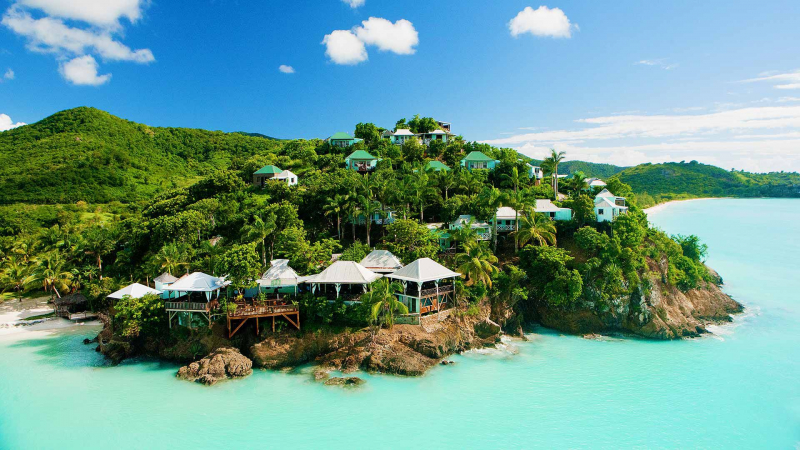
https://toptenimmigration.com.vn/ 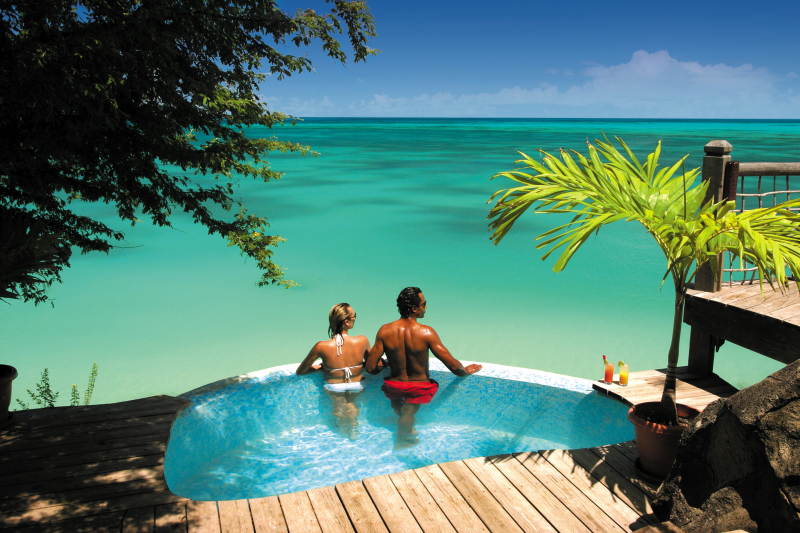
https://www.sandals.co.uk/









